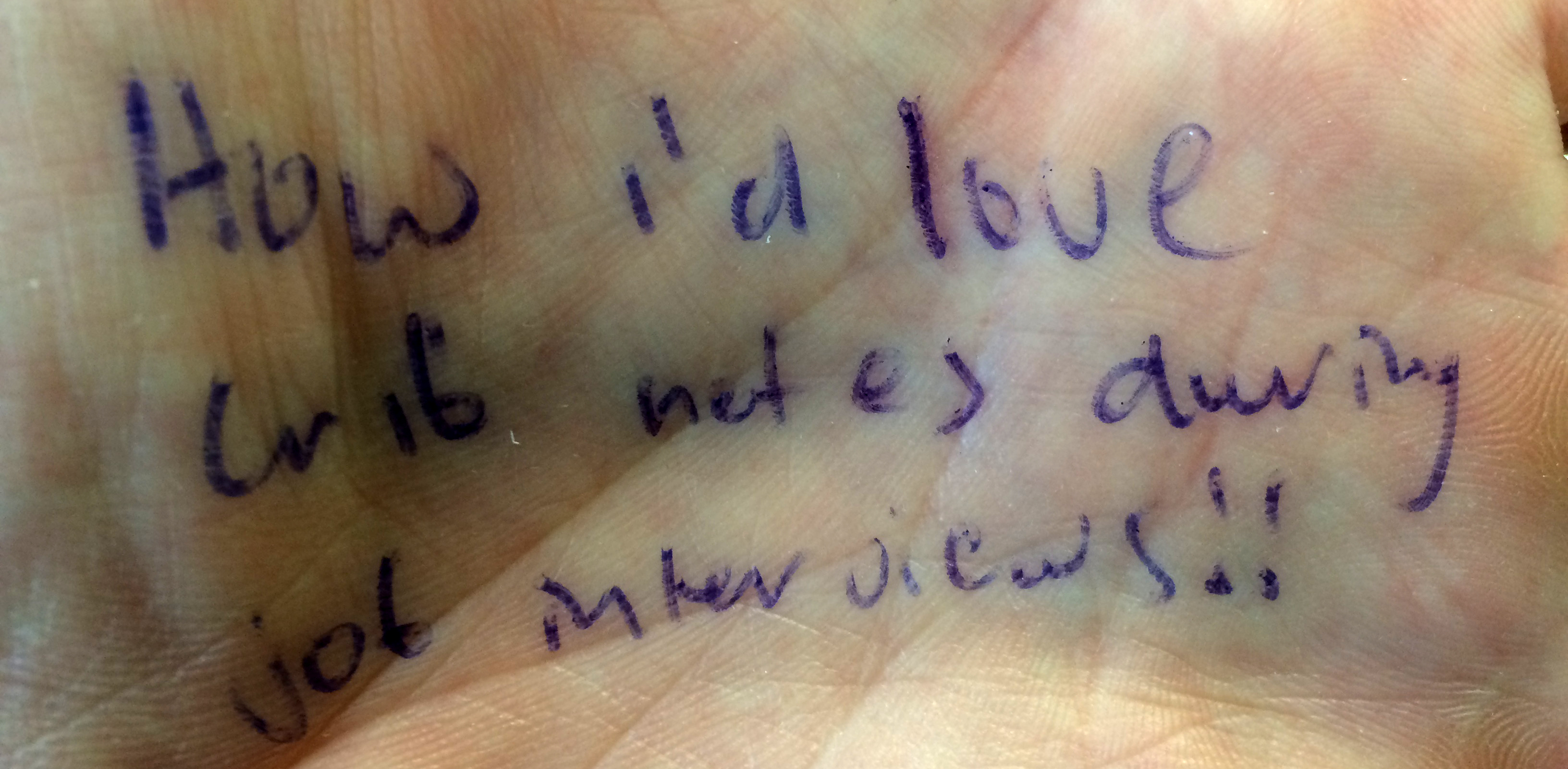Today I attended an interview for a science role. I prepared. I researched. I got questions I’d not expected.
Despite my preparation using examples based around the STAR method, my answers were week, being generalisations, or examples that were not fresh in my mind.
The position I was being interviewed for today was basically a team leader role for a bunch of process validation staff. Something I think is suited to my skills, would be sufficiently challenging and keep me busy. My preparation focused on my strengths, how I motivate and lead teams, how I’d developed teams through training. I also focused on my GMP and QMS knowledge, but nothing about that was asked. I’m thinking I should spend a day a week reviewing this sort of stuff so the next time I get an interview, I handle it like a pro. I think I put in a better performance than my last interview, but it was still lacking.
So, here are the questions I was asked, but had to wing…
Q: Give us an example of how you have influenced people and brought them around to your way of thinking…
A: I used some example about how my manager was a chemist and I am a microbiologist. Chemists deal in absolutes, microbiologists deal in probabilities. A weak example of test results, repeat testing and the eventual result being in line with my original expectations and how, over time, my manager was more likely to take on board my advice.
Thinking back, I could have adapted my “how do you motivate people” answer, but that would have still been poor as it is a general answer and not specific.
Q: Give us an example of working on a project team. What was your role and what input did you provide. Who were the other members?
A: I used a site consolidation example I winged. I did not give a strong answer as to what my role was (it was as a microbiology consultant). My contributions were stated more or less and I emphasized how I’d proactively provided microbiology floor plans. I could have been clearer about the other member’s role. I then threw in how I’d lead a regional group of microbiologists through method harmonisation.
Q: Give us an example of when you have mentored and developed staff…
A: I used some example related to an assay falling over. I should have used an example of observing an analyst, suggesting improvements to their technique and how I’d share my scientific knowledge with them. I would have still needed proof that any of that helped them improve.
Q: Give us an example of how you have made process improvements.
A: More weak examples with some specific examples about micro identification methods of assay methods being improved being dragged out of me.
I used “I” a hell of a lot more than “we” to show I did things (as that is what the last interviewers wanted). Applicants will be contacted next week with a yay or nay.
I think the only thing that impressed the two interviewers was how I’d developed a 12 month training plan for my team with a training session each month.

